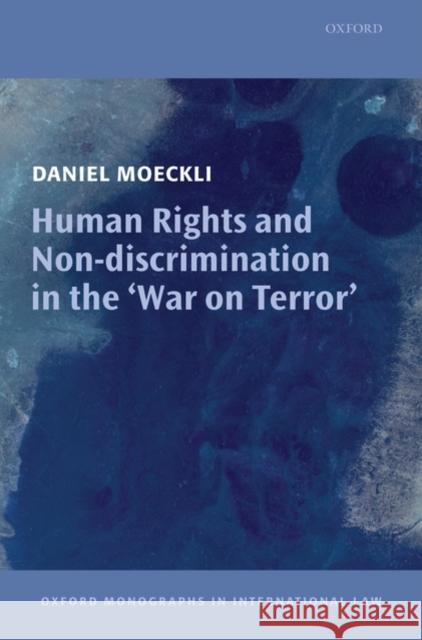Human Rights and Non-Discrimination in the 'War on Terror' » książka
Human Rights and Non-Discrimination in the 'War on Terror'
ISBN-13: 9780199239801 / Angielski / Twarda / 2008 / 250 str.
In the post-September 11th era, liberal democracies face the question of whether, and if so to what extent, they should change the relationship between liberty and security. This book explores how three major liberal democratic states - the United States, the United Kingdom and Germany - have approached this challenge by analysing the human rights impacts of their anti-terrorism laws and practices. The analysis reveals that the most far-reaching restrictions of liberty have been imposed on minorities: foreign nationals and certain 'racial', ethnic and religious groups. Disparate treatment raises complex issues concerning the human right to non-discrimination. Differential treatment on the basis of nationality, national origin, 'race' or religion is only compatible with the right to non-discrimination if there are objective and reasonable grounds for it. The author evaluates contemporary anti-terrorism efforts for their compliance with this requirement.











